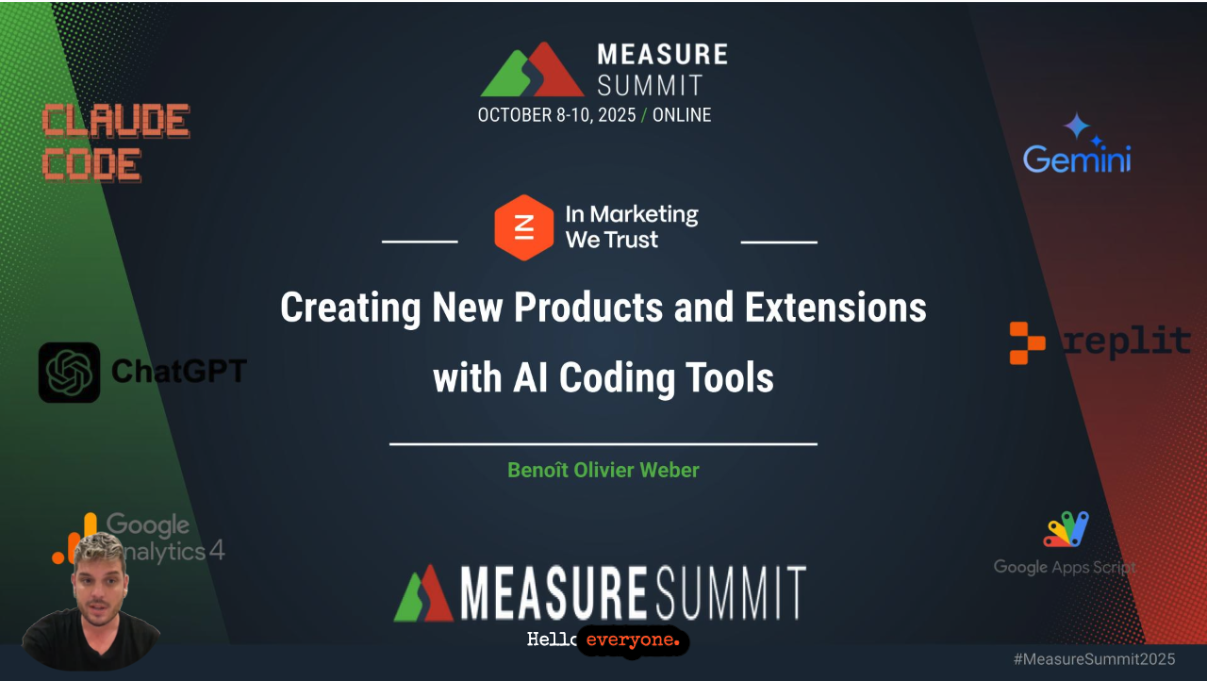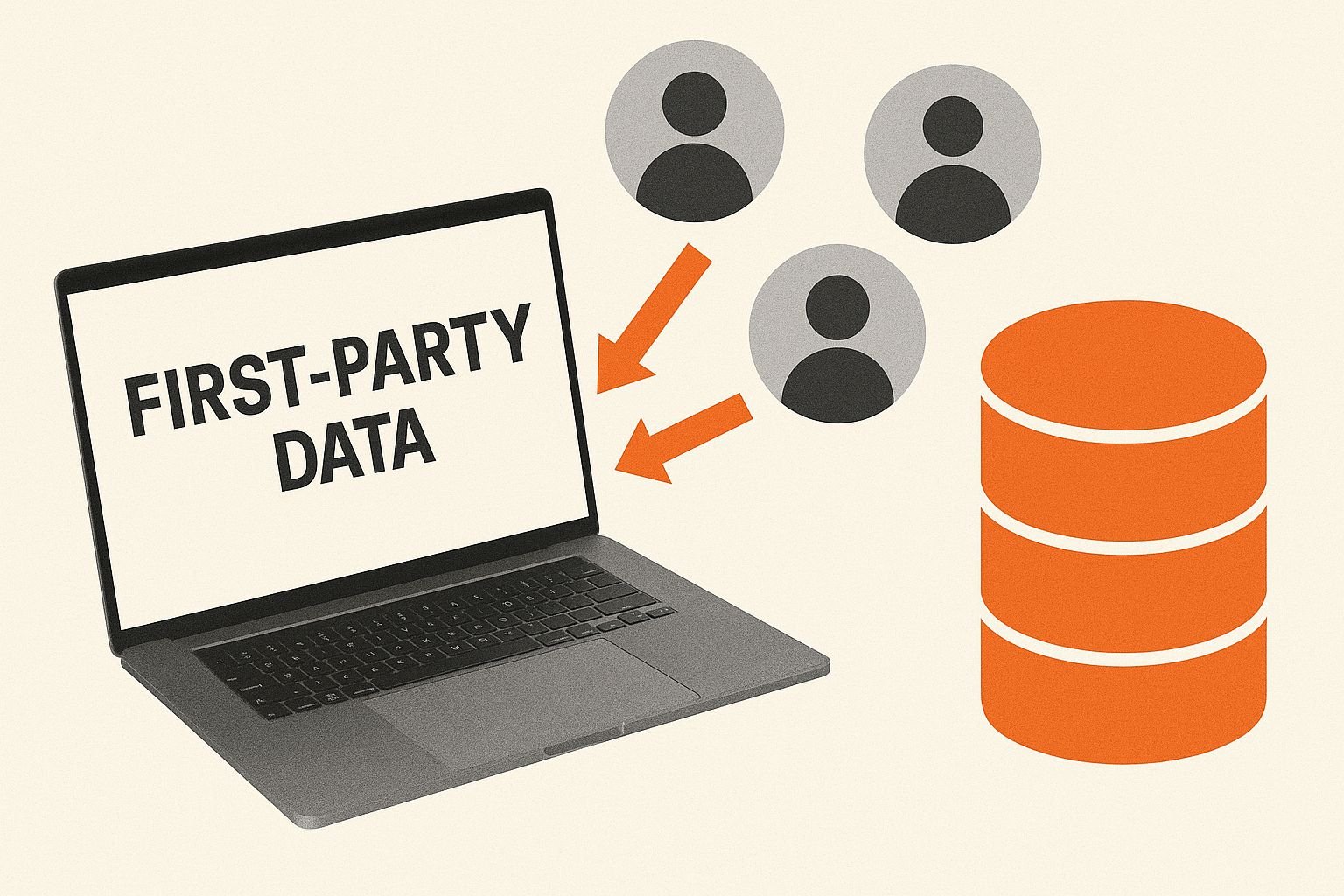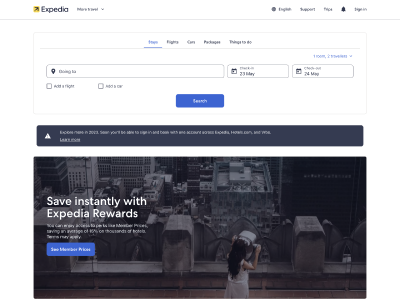As the world is getting more aligned with a remote workforce and culture, we are here to help you navigate through the best practises, while sharing the challenges that come with remote data jobs. Make no mistake, working remotely is often a journey that requires practice, commitment and a strong work ethic but it does come with benefits that make it truly rewarding.
Remote Data Jobs – Interview with Head of Data
James has been with IMWT since 2016 and is currently leading our Data team.
As this was his first remote role, we made sure to gather the most relevant information on how to start out in the field and how to excel in the data world while leading your team remotely.
It’s commonly known that the beginning is the hardest. What was the hardest thing for you to overcome when starting at IMWT?
I guess to begin with I had a hard time getting my head around some of the projects we were working on. The work involved some fairly abstract concepts, and not having anyone with me all the time to answer questions and provide guidance meant I was always a little bit scared that I wasn’t doing “the right thing”.
It turned out it was fine, and gradually I got more comfortable with the way we worked (and the fact that I knew what I was doing).
Remote Data Jobs
What was your first remote job? How was it?
This is it! It’s going okay. I suppose.
No, I love it. Everything becomes “normal” eventually and sometimes it’s easy to lose sight of how good I (we?) have it. Every so often there’ll be a moment where I catch myself thinking “this is pretty great”.
What motivated you to pursue remote data jobs?
Honestly it was never the plan. I’d begun to transition away from my previous job when the opportunity to do a few hours a week came up. I figured it would help keep me in beer and burgers while I looked for my next thing (at the time I was imagining my next thing would be my own thing).
As it turned out things went so well that IMWT became my next thing. Happy days!
Actually, on reflection that’s not entirely true. I was always a little jealous of the hipsters I’d see in cafes with their laptops out and I was motivated to become one of them. It turns out I don’t feel comfortable being like “Hey, could I please have a weak soy latte and half a blueberry muffin and I’ll use your WiFi for the next eight hours?”
What are your best tips on working remotely?
Some days will be good and you’ll feel super engaged. Some days will be bad and you’ll feel super distracted.
Lean into the good days as hard as you can – you have an advantage over people working in an office: when you’re in “the zone” and being crazy productive no one can tap you on the shoulder and break that.
When the bad days happen it’s not ideal. Fight the distractions and try to concentrate as much as you can. Make a list of small tasks and work through them. But also forgive yourself. Bad days happen to all of us.
How do you sustain a healthy work-life balance?
Keeping a good routine is important – set start times and finish times and stick to them. Every so often you need to be flexible (like any job), but you need to have boundaries, otherwise working from home causes the lines between work life and home life to blur.
Obviously it’s going to be impossible for a while in our new COVID-19 world but I also make sure to get out of the house and see my friends a few times a week. It was a real concern for me that working from home would cause me to become weirder than I already was.
Why did you go into data?
Again – I wish I could say it was the plan, but it just kind of happened!
Since I was a teenager all I really wanted was to be a computer programmer. My degree is in computer science. The first job I got out of university was working as a developer at Yellowfin, a Melbourne based business intelligence company – it was a job I loved very much for nearly ten years.
Working in business intelligence exposed me to the data world. Particularly data visualisation, and it became something I was really passionate about.
When I left Yellowfin I was a bit burned out on the kind of work I’d been doing. Then, as I mentioned, the opportunity came up with IMWT to work with data in a different capacity and I’ve been happily muddling along doing it since then.
What is the most difficult data project that you have worked on?
The most daunting in terms of thinking “is this even possible with the resources we have?” was architecting a system that needed to be able to search through and aggregate hundreds of millions of records in almost real-time.
We looked at several DBMSs (including expensive high-performance ones intended for data warehousing) and because of the weird structure of the data we were working with nothing was quite fit for purpose.
We ended up rolling our own data format based on what we knew about our data’s structure and how it would be used. This came after a lot of reflection and questioning whether we were reinventing the wheel. It turned out to be the right decision as we’re getting great performance from it.
How do you manage to lead a remote team effectively?
I have weekly catchups with my team so I know what everyone is working on and that they know what they’re doing. We used to have one big weekly meeting and then daily “standups”, but with so many different timezones now it’s impossible.
It’s hard to be constantly checking on the quality of work when we’re remote, too. There’s definitely more trust that goes into this. You have to believe that if someone is having an issue they’ll let you know.
What are your biggest challenges at this point?
For me, there have been a lot of growing pains moving into leading a team. I like to be doing stuff myself, so it’s sometimes hard for me to let go and feel relaxed knowing other people are doing a great job. I think this is even harder in a remote environment where there’s less visibility.
I feel like I’m getting a bit better at this, though! Hopefully, my team agrees.
What are your best tips for someone just starting out looking for remote data jobs?
It’s such a big world! It’s hard to nail this down!
I guess the first thing is to discover what you’re actually passionate about. Unfortunately, you’re probably not going to be a brilliant software engineer, statistician and business analyst all rolled into one. There are only so many hours in the day and you only have so much headspace. Find the thing that fulfils you and be confident that there are other people who can help fill the gaps.
On a smaller scale, whichever path you pick, be curious about how your tools work. It drives me absolutely crazy when people treat DBMSs or algorithms as magic black boxes that you put data into and get results out of without thinking about how they actually work. Think about how these things work behind the scenes and you’ll be able to use them more effectively and make smarter choices about what to use when.














